This time my guest for the “Climate Generation” series is Daffa Praditya D.R., a climate activist from Fridays For Future (FFF) Indonesia.
Daffa is 19 years old and lives in the country’s capital, Jakarta. He is majoring in English Literature, which is in line with his current activities on climate activism in Indonesia as he is trying to help the international community hear the dire effects of climate crisis they are facing in Indonesia as well as the stories of local communities about their experiences caused by the climate crisis.
Atlas Sarrafoğlu: How is the climate crisis affecting people’s lives in general and what are the direct effects of climate change in Indonesia? What do you think is the solution to protect your country from the impacts of climate change?
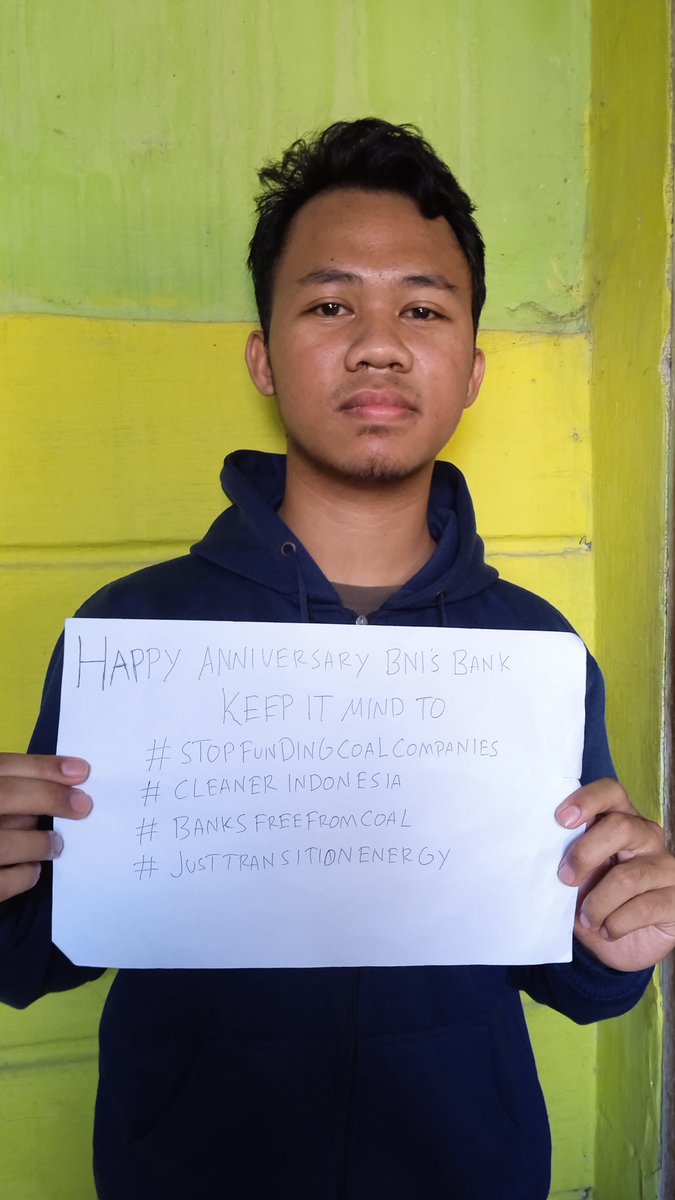
Daffa Praditya D.R.: As we know, Indonesia is such a huge archipelago country with a massive population. We have 280 million people living in this country and around 40% of the population is centralised in Java Island. Furthermore, our country is at the centre of the “ring of fire” where mountains surround our islands and seas. The major impact of climate crisis here is air pollution, crop failure, water scarcity particularly in the East of Indonesia, and sea level rising. The city where I currently reside is now facing sea-level rising by 2050. Jakarta is predicted to be under water (50% of the city) so West Jakarta, North Jakarta, and half of East Jakarta will disappear from the maps. Moreover, I’m worried that currently I live in West Jakarta where my dormitory is just 40 minutes away from the coastal area.
And, I’m really worried that in the near future, I have to move to a higher land. Well, after observing the catastrophes and disasters caused by the climate crisis in Indonesia, I would say that there are three ultimate solutions to overcome this crisis. The first is energy transition, changing people’s behaviour for a more sustainable-oriented lifestyle through climate education, and lastly, building alternative settlements for areas under high-risk due to sea-level rising along the coastal area.
‘We have solid plans yet insufficient budget’
What is the stance of your government on tackling the climate crisis?
Personally, I saw that the government has intentionally had a further-solid plan/step to overcome this crisis. I have been discussing with the National Plan and Development Ministry of Indonesia on what the development of this country will lead to, and I would say that we have already well-planned action plan in case this crisis gets worse. But unfortunately, there is a lack of budget to finance all of this development plan. We are also still struggling with the current development that still relies on conventional works like shifting from coal to electrised houses in Indonesia. So the transition will not be possible if the budget that we hold is not enough to finance all of this massive, multiple-layered and cross-sectoral transition in Indonesia.
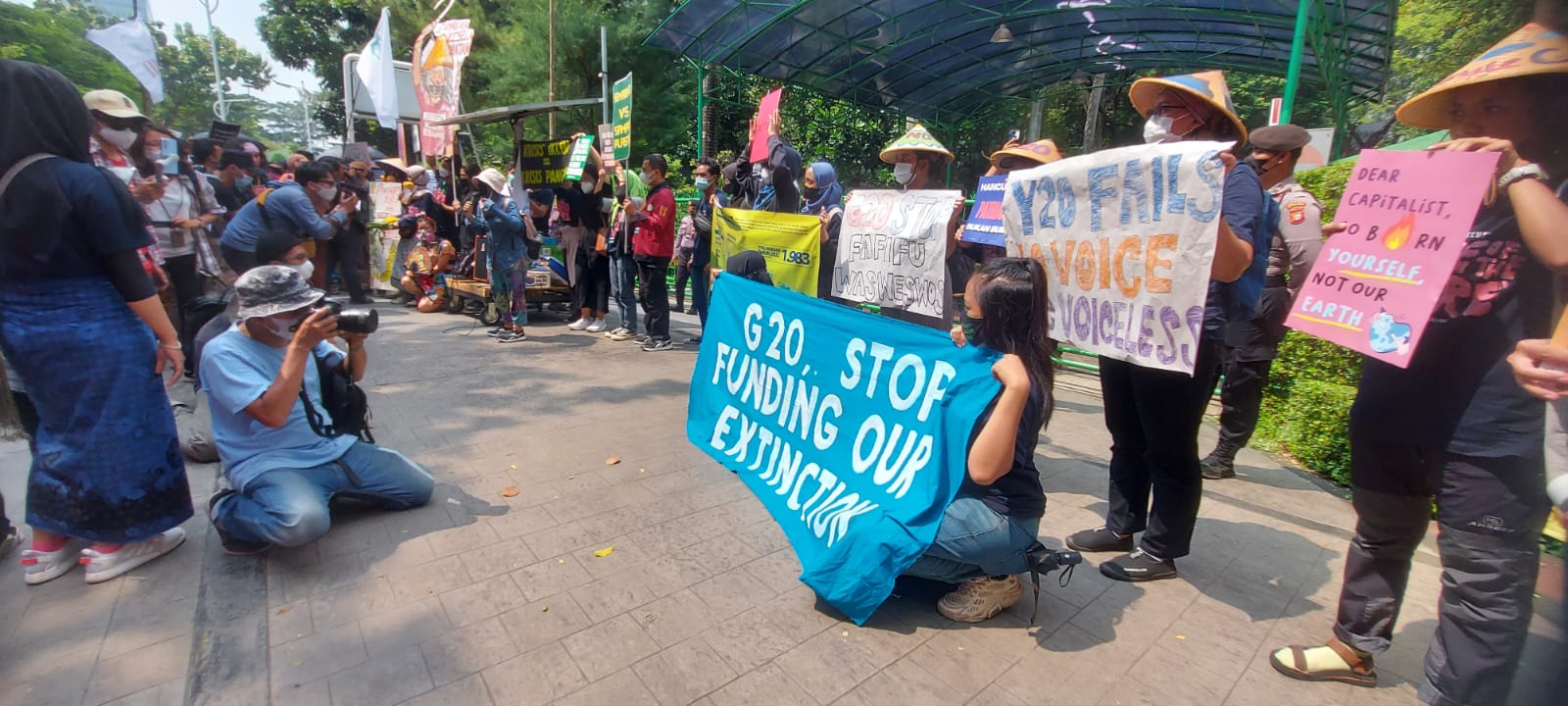
How did you start activism and how do you organize your strikes in Indonesia? Do you work on a specific field of climate crisis?
I started climate activism in 2021 where I decided to join FFF Indonesia. We never really had offline strikes due to restrictions of COVID-19 here until 2022. FFF Indonesia is now focusing on educating people on climate crisis and raising public awareness on what we should do to tackle this crisis in Indonesia. The reason why we focused on Climate Education is that we feel that the first thing that we have to do is to raise public awareness. Once the people are aware enough, then we can do anything to make this country more sustainable because we would already have a lot of supporters with the same intentions. And our most important goal is to make Indonesia greener and sustainable now and forever.
‘I will do what I can for the environment and humanity’
At FFF Indonesia, we do several campaigns including webinar series that we have conducted for three months. Besides, we partnered with Great Eastern Indonesia and Saya Pilih Bumi to share free tote bags in Yogyakarta. This movement aimed to educate and encourage people to reduce the use of single-use plastic, particularly in Yogyakarta. Also, currently we are preparing a children’s book consisting of climate activities which will be launched in September. Hopefully, the book we prepare will help children, especially those from underprivileged communities in Indonesia, to understand climate crisis and the efforts they have to put in to tackle this crisis.
Please tell us about what makes you feel hopeful about the future?
Well, as a climate activist, the only reason why I feel hopeful about the future is I have to survive as a human, no matter what, and I will do what I can for the environment and humanity.
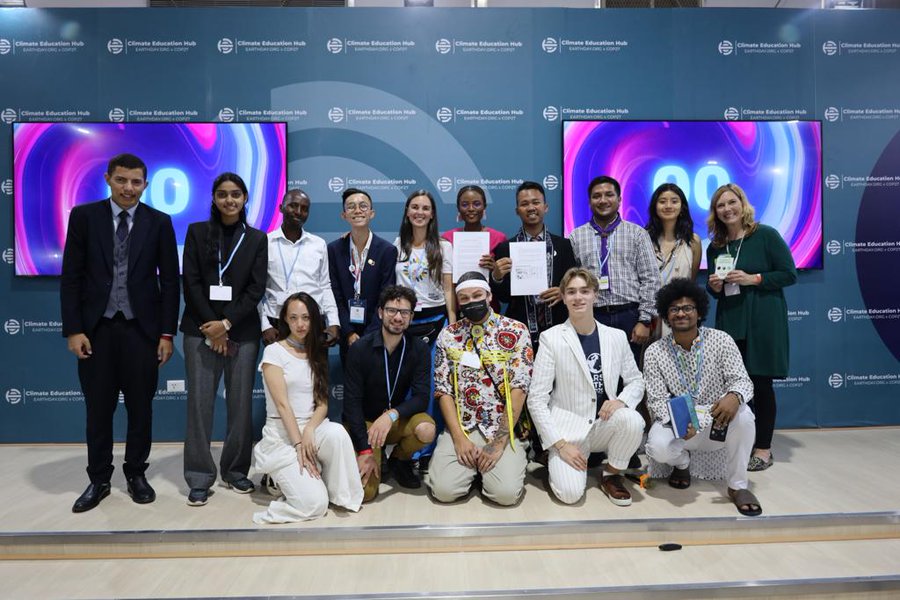
You have been to COP27 and Stockholm+50. What were you expecting and what actually happened?
Primarily, any kind of international conference discussing the environment and climate is the only way for us to achieve international agreement on actions that will be taken internationally to prevent this crisis from getting worse. Exactly like what we have done back in the 90’s when we agreed to stop the use of CFCs to prevent the ozone hole from growing bigger. I hope the success story in the past could inspire and encourage us to do the same collective action in the present day. So, the international conferences held can entail an international agreement on how we should treat this crisis further and what we should do to tackle it.
Stockholm+50 and COP27 for me were really amazing and unforgettable. Those conferences allowed me to meet new amazing and inspiring people. Besides, at those conferences, I felt the energy of people who want to make a change, establish a new sustainable future, and heard inspiring stories from around the world. At the same time, I also had the chance to learn the culture of the countries I visited, language they speak, behaviour of the people as well as the traditions they have. It was tremendous and so meaningful for me.
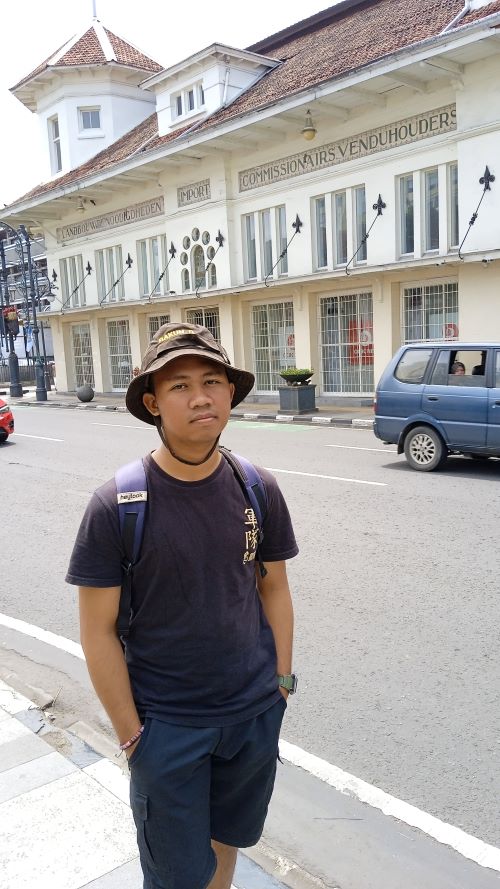
If you had a microphone to address the world leaders, what would you say to them about the climate crisis?
“Be cooperative, less political, and just think about what will happen to our lovely family in the future if we failed to save this planet.”
What is your perception of the future with regards to the climate crisis? How do you envision yourself in 2030?
2030 is less than seven years from now. So I think seven years is the time when we have to decide what kind of policies we will make and where this effort will go in the next endeavors. So, after 2030, we just have to render all the policies we make consistent with the commitment we have built for over a decade.
*
Social media accounts:
Twitter: @MaxHelgaar
Instagram: @daffaprdtya

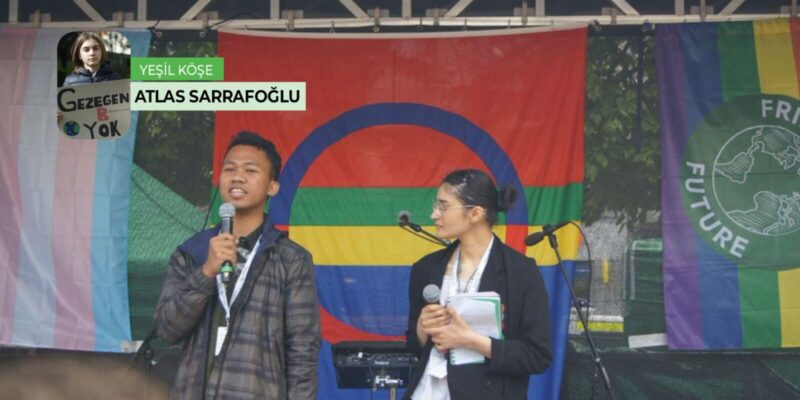

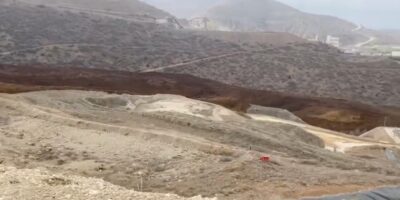

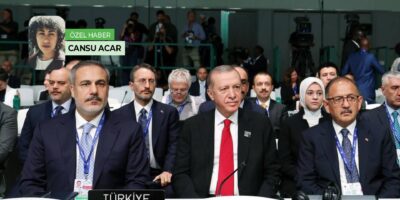

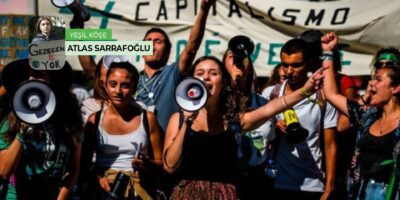


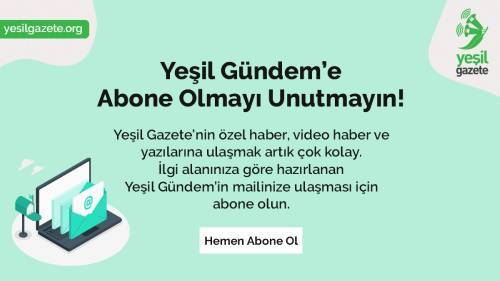
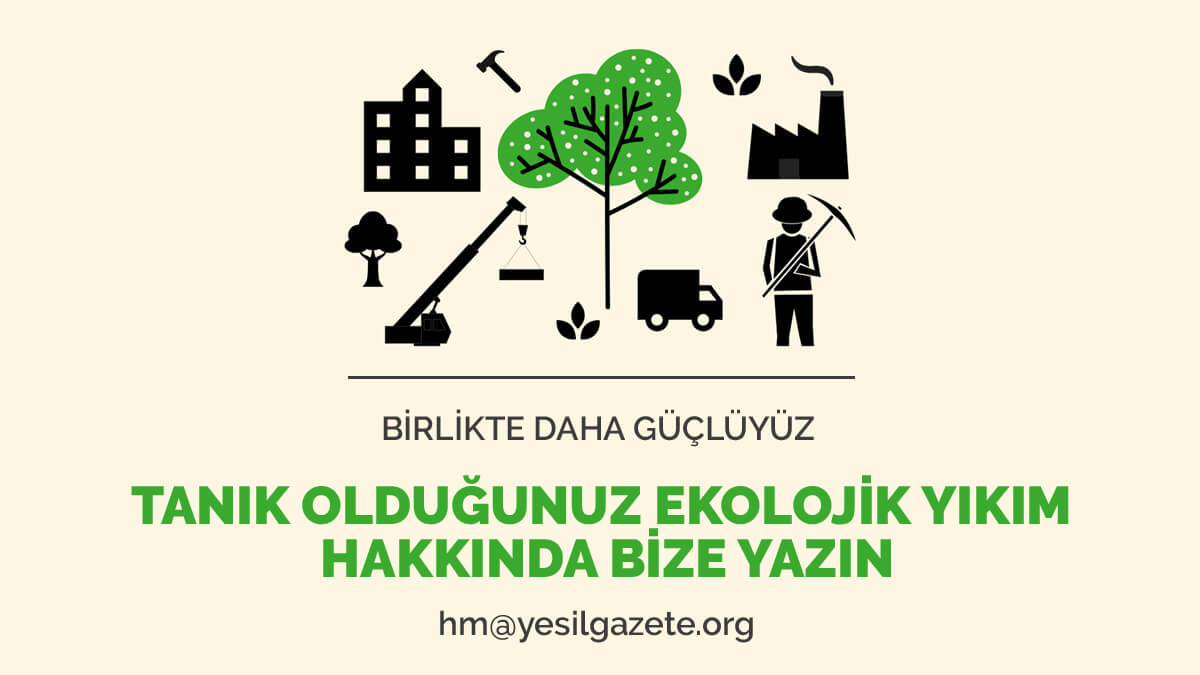

Comments